
This is a slight but worthwhile repeat of sorts. Aztec sunstones discovered in Mexico in 1790 were described by Antonio de León y Gama in 'Descripción Histórica y Cronológica de las dos Piedras..' [An historical and chronological description of two stones found under ground, in the great square of the City of Mexico]. Since I last posted (more info) a couple of images, the Library of Congress have digitized the whole book.
Frontpiece 'Syntagma Anatomicum' by Johannes Vesling, first published in 1647 - That array of instruments above their heads would be sure to inspire confidence in a surgeon's office. [from Kyushu University, Japan - an overlooked image from a previous post]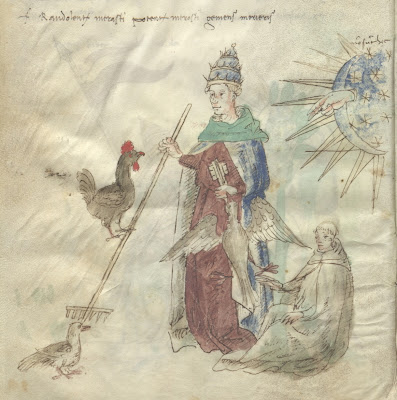


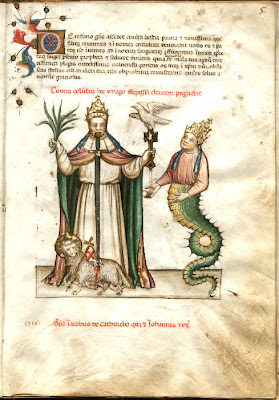

The first 2 images above are from the the 'Papstprophetien' manuscript (~1464-1471) and the other 3 are from 'Vaticinia Pontificum' from earlier in the 15th century. By any other description, these are the 'Pope books' with figurative (mostly) illustrations of about 30 popes. These manuscripts are linked to a degree - there are at least a couple of images that are copied between them. The top images come from the German National Museum digital collection (click 'index') [inadvertently via Armchair Aquarium] and the other set are from Stiftsbibliothek Kremsmünster in Austria.
Speaking of rediscovered historical documents ... I went sifting through the caverns below the momentarily silent but venerable nonist institution and stumbled upon a cache of wonderful original works: Archeography © Jaime Morrison.

Córdova on the Guadalquiver', engraved by T. Higham, 1844.

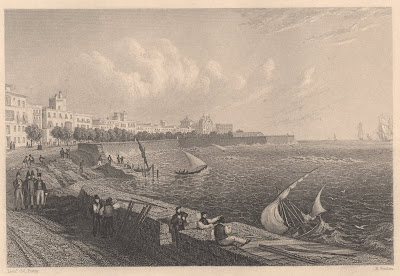


from a book by Emile Rouargue, 19th century.
The above images come from Biblioteca Virtual de Andalucía - somewhere among the Gráfica tab in 'Secciones' I think - or thereabouts.

'La Grande Religion des Trois Diffusions' - Indochine, 1930s from the Ulysses database at Le Centre des Archives d’outre-mer (Archives nationales, Aix-en-Provence) [via Agence Eureka]






Saab Memorial Medical Library at the American University of Beirut: Instructional Posters 1930s and '40s. {Geological and anatomical surveys seem like kindred spirits.}

'Perfectorium' at Marienburg Castle.


Marienburg Castle scenes - 'Schloss Marienburg in Preussen', 1799 by Friederich Gilly, in the architectural section of the German National Museum digital collection.

by Pierre-François Basan, 18th century. Alchemy satire.

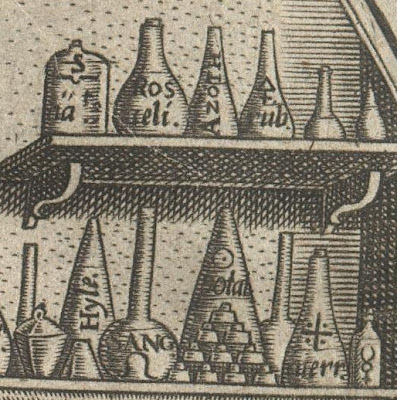
The image (and detail) above are from Heinrich Khunrath's 'Amphitheatrum sapientiae aeternae', first published in 1609 - "infused with a strange combination of Christianity and magic [..and a] tension between spirituality and experiment". I've posted the colour illustrations previously (see Wisconsin University Library) but had not seen the primary engraving in a book format. The Khunrath and alchemy satire prints both come from University of Pennsylvania's Schoenberg Center for Text and Images [SCETI] which I'm surprised to note I've never referenced previously. It is worth poking about. They have enormous images available.

: being above fifty intire new designs of plans, sections, elevations, &c.'

'Album de Mostres Abadal Tartar' [I can see the date 1664 and I suspect the text is italian or perhaps just latin. The image was found somewhere in Biblioteca Virtuale de Miguel Cervantes.
Not toooo far off:
Tartarus: "While almost all the dead were said to go to hades, the gods cast the very worst mortal sinners and immortal enemies into tartarus for endless punishment."
Thanks Jack!


A series of illuminated letters that were (I think) included in a 19th century work (?songbook) from València, 'Àlbum factici amb caplletres ornamentades' by Estanislau Sacristán - online at Biblioteca Virtuale de Miguel Cervantes (click 'Leer' for thumbnail pages).
There has been slight background cleaning of a few images. Click to enlarge.



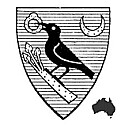








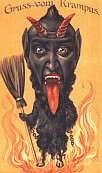
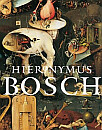
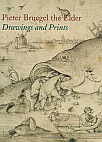
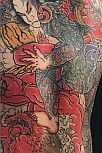
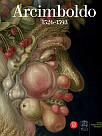

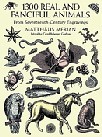
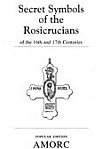


8 comments :
Very nice serie. The river and the old house have a great mood...
The Coatlicue images tucked in here, while by no means my favorites in the post, do really make the details of the statue clear. If I had used this on the recent exam instead of a photo of the statue, people might even have provided more accurate descriptions of what they were looking at! Still, I must say they did pretty well even if many of them forgot to mention why she has snakes for head and hands. (35 exams graded, 5 to go...)
I have to admit that it took me more than 5 mins to work out just what Coatlicue referred to. My guess was wrong by many orders of magnitude in every dimension possible...and didn't track to the correct images - even after re-viewing the post - until after I looked the word up. *sigh*
It was kind of a shame that I came upon the sun stone images/Gama book in something of a staccato fashion: this is the 'problem' of being too quick on the draw to include images in a "multi" post before letting them stew sufficiently so that companion works are given the opportunity to surface, as it were.
It's not as though I'm any expert on Aztec art--I was pushing the envelope a bit adding the Aztecs (very very minimally) to the American Art course. Coatlicue, as you may already have discovered, was impregnated by a ball of feathers, which annoyed her children no end and caused them to chop off her hands and head. She gave birth to the Sun nonetheless, which I must say is more than I could have managed to do under the circumstances (not being a divine being).
I will say that while the multi-topic posts can be fun, it can be harder to comment on them other than in a one-image sort of way. (And now back to those five exams that I was avoiding last night...)
--while the multi-topic posts can be fun, it can be harder to comment on them other than in a one-image sort of way.--
Mm. I have mixed feelings about multi posts. They are of course an enormous amount of work and I've kind of established their format and the format of the standard posts in such a way now that I feel something of an obligation to continue in the same fashion. Stupid, I know.
But in the global sense, I do think I've got approx. all the right components - regular posts, multi's, random sidebar, links list, shared feeds and delish bookmarks - to, not only have and eat my cake, but also dabble in all the products in the cakeshop.
I've often thought that I've done myself a personal disservice by establishing patterns of behaviour that are hugely onerous to maintain, based around an overreaching canvas, so to speak, but equally, having all these outlets allows me to modulate transmissions according to how the material strikes me (not to mention helping to assuage the guilt I sometimes feel for not having the wherewithall to give sufficient justice to certain topics).
So my immediate reaction to your comment would be to say that developing a platform aimed at ease of interaction or commentary mostly stands in opposition to the purview of the site overall. It's just not possible, imho, to curate all this amazing and esoteric imagery (and to some extent, support different sites, ideas, subjects) without it being outside of a conversational embrace, for want of a better expression.
OK, sure, it could be, but then it would make it less academically / research-y / intellectually satisfying and challenging for me.
I've said it before and I'll say it again: I could do with a secretary. Or, perhaps more broadly: a sounding board, editor, marketing genius AND secretary, to funnel all this goodness in a manner that made it less museum-like and more inviting and web 2.0-ish and more lucrative, in the filthy lucre kind of way. I'm waiting for the multinational takeover offer(s) to come rolling in.
Mmm, I wasn't saying discontinue the multi-posts, but when they are really long and multi, I lose focus and forget what I liked further up, whether or not I was going to comment on any of it.
And I think overall the readership is quite happy with the structure. We comment as the spirit moves us, not because there's any obligation to do so. I am not, personally, anxious to have more things in my life that require sustained intellectual analysis, but I like the mental and visual stimulation and thinking about stuff that no one requires me to digest--that sort of broad intellectual curiosity that plagues and entertains both of us.
What, no takeover offers from Bill Gates yet?
--I wasn't saying discontinue the multi-posts--
I know. But as usual I was only half listening and went off on my own reactionary navel gazing tangent. That's a useful exercise on occasion. But yeah, the stream of visuality can fractionate the thought processes. Again, I think it's better to bubble up a lot and let people find whatever tweaks them specifically. It's hard to strike up a conversation in a blender. *shrug*
But as usual I was only half listening and went off on my own reactionary navel gazing tangent.
I have noticed this tendency. (I, of course, never ever do anything like that.)
Post a Comment
Comments are all moderated so don't waste your time spamming: they will never show up.
If you include ANY links that aren't pertinent to the blog post or discussion they will be deleted and a rash will break out in your underwear.
Also: please play the ball and not the person.
Note: only a member of this blog may post a comment.